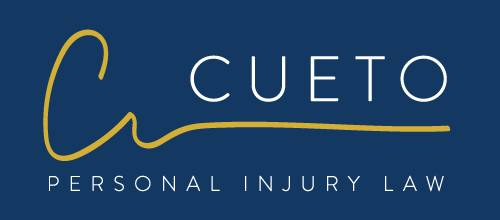My Child Can’t Learn in School
If your child is facing a hostile learning environment, you might find yourself thinking, “My child can’t learn in school.”
That’s one of many damages a hostile learning enviornment creates.
It takes away from your child’s learning. That’s not to mention the emotional damage it can inflict, as well as financial burdens on your family.
Let’s back up a little bit, though.
What is a hostile learning environment?
A hostile learning environment is specific to a school or classroom and is defined as
- A situation of discrimination occurring and creating a harmful setting
- Intimidating environment creating fear
- A culture that denies, limits, or interferes with someone’s ability to gain benefits from a job, program, or school
For more information on the legal definition of a hostile environment, click here.
In the context of a school, a hostile environment is a place that causes students to be fearful, intimidated or has multiple incidents of discrimination. All of this can interfere with learning.
Beyond “My Child Can’t Learn in School.”
Aside from the detriments to your child’s education, there are also the emotional components to consider.
If your child is facing bullying, it can lead to self-confidence problems, self-harm, suicidal ideation, and more.
Of course, you’ll want to ensure your child gets adequate help. For more information on childhood mental health, click here.
What if the school does nothing?
The only thing worse than seeing your child suffer like this is seeing no one in positions of power care.
Sadly this can be a sign of discrimination. If your child is a member of a protected class, not taking steps to guarantee they have equal opportunities to learn is discrimination.
Protected classes include
- Race
- Gender
- Gender Identity
- Sexual Orientation
- Religion
- Ethnicity
- Disability
- National Origin
- And More
Be on the lookout for signs of discrimination. Download our free checklist to know what to keep an eye out for.
Calling a Lawyer
If you’re thinking, “My child can’t learn in school,” and seeing other signs of discrimination, it might be time to call a lawyer.
Here at Cueto Law, we offer free consultations with one of our attorneys and can help get you the financial compensation for damages this discrimination has caused you.
Call us at 618-277-1554 to set up an appointment.












